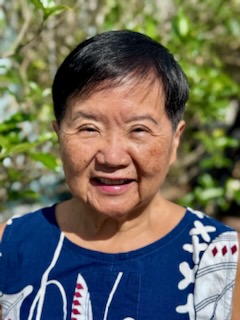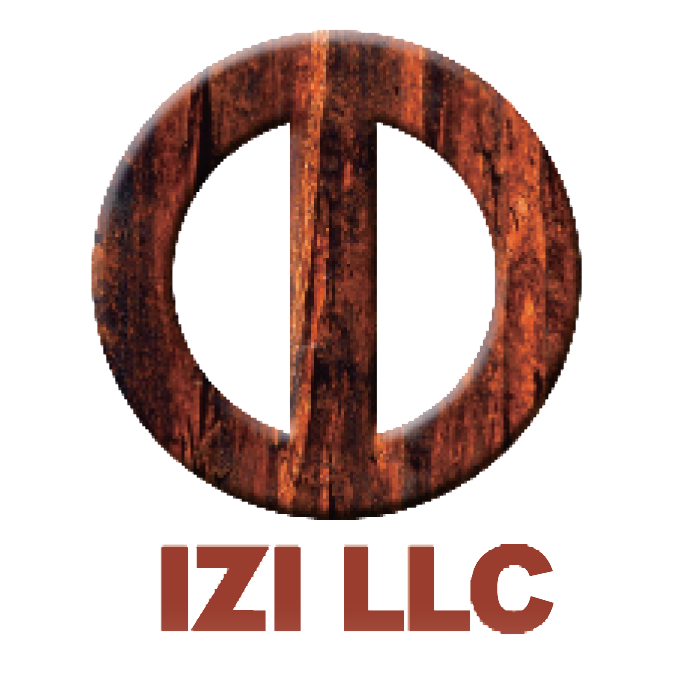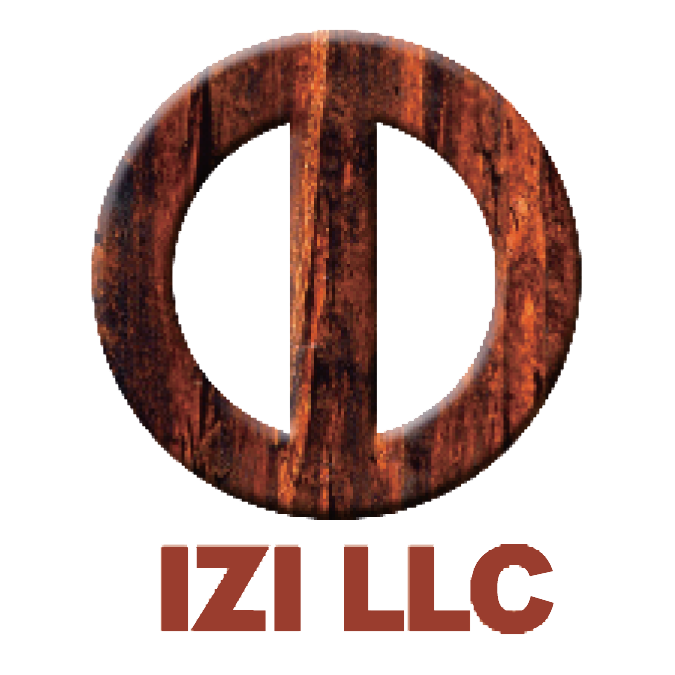The most important key to practicing cleaning, I believe, is to never let go of the attitude of always cleaning oneself—no matter what.
What do I mean by that? For instance, when my body shows signs of discomfort through injury or illness, I begin by cleaning myself. Although the body is a part of me, it has its own identity.
Through the body, I may experience pain, suffering, or anxiety. All of these are brought about by memories that I carry within me.
Therefore, by cleaning, I can release them.
For example, when I had a blood test, my numbers had been slightly elevated over the past year. I thought it was bad because they didn’t meet the standard range. But actually, the numbers had been remarkably stable. Consistently so. Do you see?
Then, I forgot that fact and got caught up in self-critical thinking: “It has to be below this number,” “I must keep it under control,” “I have to do something to fix this.” But that meant I was trying to control my body.
In those moments, I clean and speak to my body, and the body responds:
“We are where we’re supposed to be.”
That doesn’t mean I should ignore my body’s condition or disregard what doctors say.
What I want to say here is that whatever the body is showing me now is the best message and story for me. It also means that what is happening now is what is most valuable for me to clean.
When we refrain from judging and simply start to clean, we begin to release unnecessary memories from the body, entrusting its function to the Divinity.
When we go for medical checkups or when we get injured, we often let doctors examine our bodies and we react emotionally to the results. But all of that is also a chance for cleaning—for us and our bodies to return to their original functioning.
About a year ago, I had an annual checkup that included an ECG, a test to monitor heart function. I underwent an echocardiogram, and the doctor gave me the results.
The doctor said, “It looks like you had a heart attack in the past.”
I replied, “What? I’ve never had a heart attack.” The doctor pointed out something on the report and said there were signs of it. But I had never felt anything like that. I was exercising, running, swimming—never experienced shortness of breath.
The doctor then said, “Well, let’s have a specialist look at it again in six months.” Six months later, after a reexamination, the new doctor said, “Oh, this was probably a machine error. There are no signs of a heart attack at all.”
So, what happened? I don’t know. But during that time, I was continuously cleaning with the fear of a heart attack. I also spoke to my heart.
Maybe I did have an attack, maybe I didn’t. I don’t know what the Divinity did in between. But the doctor said, “Let’s leave it at that.”
When we think about health, we all want to be healthy. Yet sometimes I notice that the way I try to “work on health” feels arrogant, even violent in a way.
We still believe we can control the body. But the moment we become aware of thoughts like “the body should be this way” or “must be like that,” what’s being cleaned is the memory—not our desire for health.
When memories are cleaned, we become able, through inspiration, to be exactly where we are meant to be, doing what we need to do, and choosing what we need to choose.
As a result, the body will rest when it needs rest, lose weight through various means if needed, and receive treatments such as surgery when appropriate.
We lead good lifestyles, find doctors, and choose treatments to become “healthy” as we define it. But the only one who provides the “correct and perfect answer” is the Divinity.
And when we clean and are in awareness of our and our body’s true identity, even if I need rehabilitation, or have to take medicine, or undergo surgery—it is all part of the “Divine plan” for my body.
Peace,
Jean Nakasato



の中でも平和は見つけられるの?【英】-696x392.jpg)